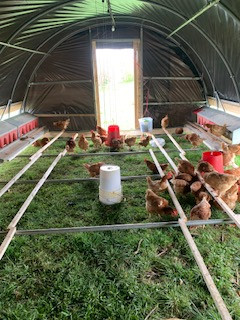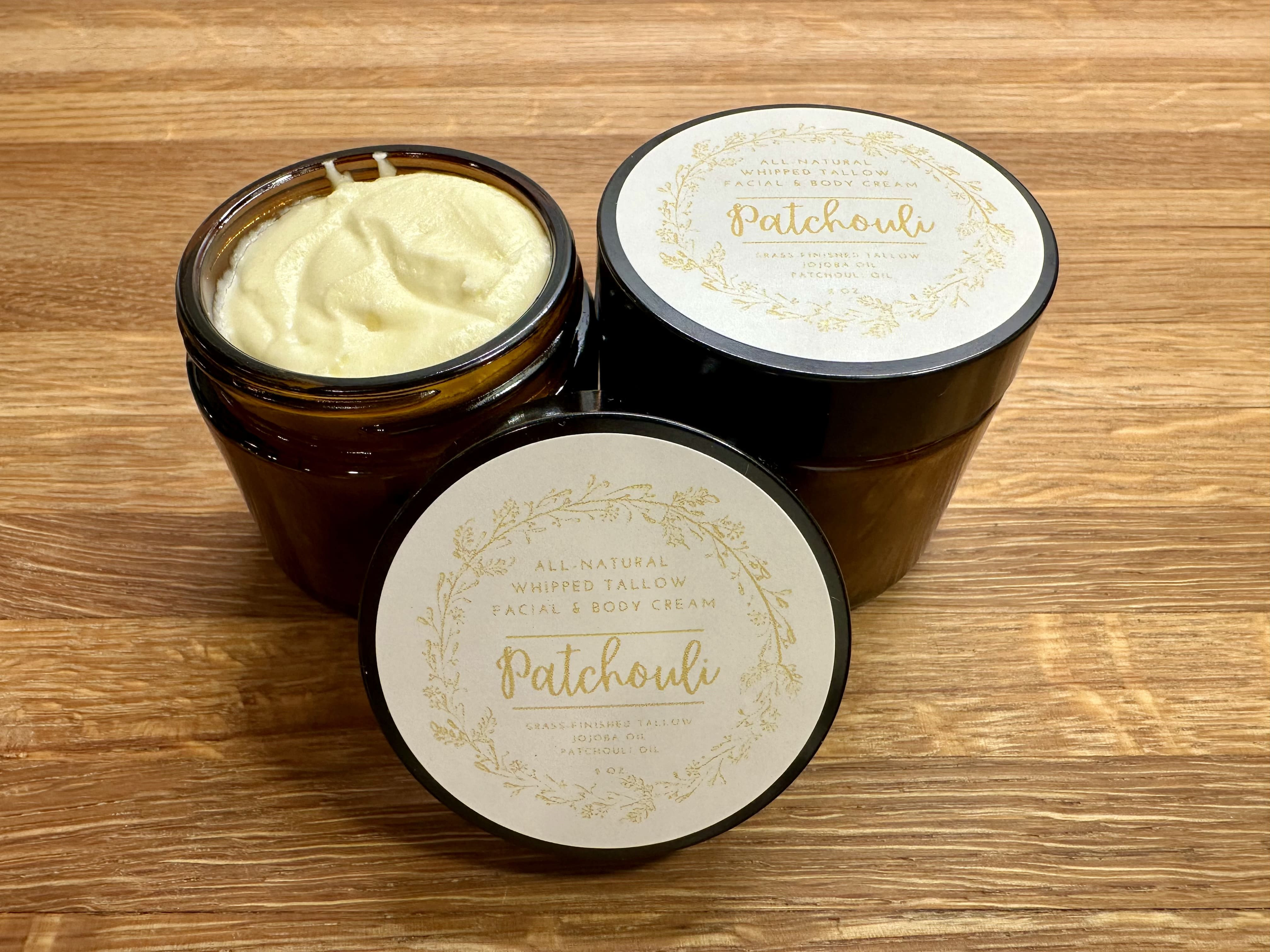Understanding the difference between free-range and pasture-raised laying hens
posted on
February 6, 2024
When you stroll down the egg aisle of your local grocery store, you might notice a variety of labels adorning the egg cartons: free-range, pasture-raised, cage-free, organic... the list goes on. Among these, "free-range" and "pasture-raised" are two terms that often catch the eye of conscientious consumers. But what exactly do these labels mean, and how do they differ? Let's dive in and explore the nuances between free-range and pasture-raised laying hens.
Free-range eggs come from hens that have some access to the outdoors. According to the United States Department of Agriculture (USDA), to be labeled as free-range, hens must have access to the outdoors for at least some part of the day. However, the specific requirements for outdoor access can vary, and it doesn't necessarily mean that the hens spend most of their time outdoors. They may still spend a significant portion of their lives confined indoors.
Now compare this to truly pasture-raised where they are rotated throughout pastures a few times a week. On our operation we have a mobile coop nicknamed “Big Bird” You can read more about that in our All About Our Chickens blog. We move our birds every few days throughout the pastures ensuring they have something fresh and green to peck through. This not only makes the birds happier but also more productive. A happier bird that can express its instincts will always lay a more quality egg.
The Differences Between Them
One of the key distinctions between free-range and pasture-raised systems lies in the amount of outdoor access and the quality of that outdoor environment. While free-range hens have some access to the outdoors, the space may be limited, and the quality of the outdoor environment can vary significantly. They may have access to small outdoor runs or enclosed areas with limited vegetation.
In contrast, pasture-raised hens enjoy ample outdoor space, with access to fresh grass, insects, and sunlight. They live in a more natural environment, which positively impacts their physical and physiological well-being.
In conclusion, free-range and pasture-raised eggs both offer alternatives to conventional egg production. However, when possible, opting for pasture-raised eggs supports farms that prioritize ethical and sustainable practices, contributing to the well-being of both the hens and the environment.






